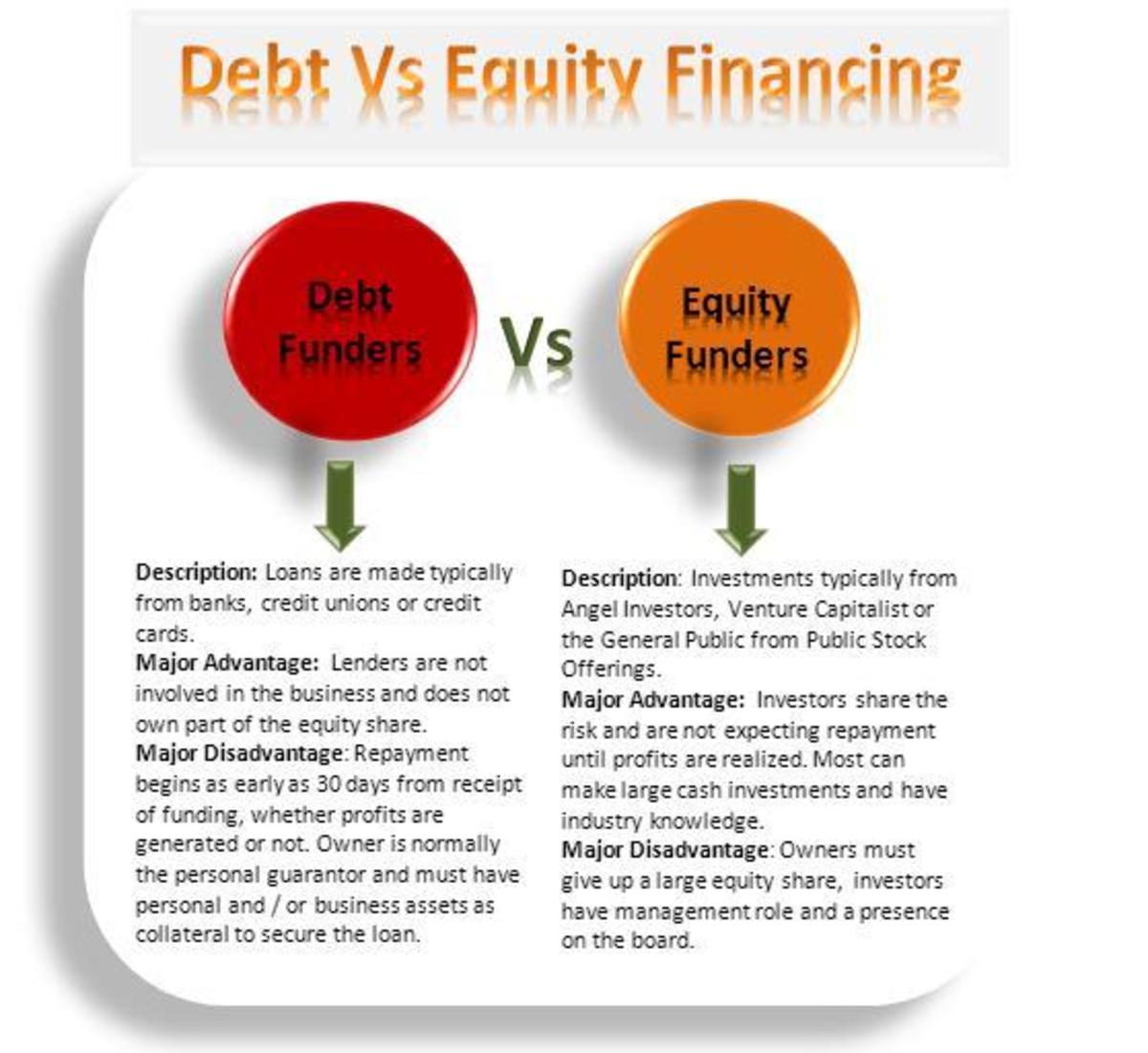The Case For and Against Hybrid (online and in-person) ESL Programs
Points of Possible Comparison
Before we can get into hybrid programs, we have to look at what exactly is expected in an ESL class. When people enroll in a class to learn English, most do it with the relatively general goal of "learning to speak English" in mind. Even though they say that they have the same goal, they are probably not thinking of the same thing when they say this. Therefore, it is the duty of the program coordinator to decide which skills to teach the students. Other than very specific programs such as Business English or English for Architecture, most immersion programs focus on four general skills:
- Listening
- Speaking
- Reading
- Writing
Yet, in order to judge the effectiveness of hybrid programs versus other non-hybrid programs, we will further categorize this into two other categories
- productive skills (Speaking and Writing)
- receptive skills (Listening and Reading)
This is where you see the greatest differences.
Advantages and Disadvantages of Non-Hybrids: Face to Face
Traditional schools and education programs tend have a similar format all over the world. Therefore, in order to evaluate the advantages and disadvantages of the face to face method of educating students, I used my years of experience as a teacher at a language school in Korea, a university in Australia, two universities in the United States, and a secondary school in the United States. Believe it or not, in all of these different situations, you tend to run into very similar things.
Productive Skills:
- Speaking: The biggest advantage of a face to face model is that students get to speak to a real person. Whether it is a classmate or a teacher, when students speak to other human beings they can use context clues to self regulate and self correct. Also, feedback in real-time helps the student to be more creative with the language.
- Writing: Writing is generally a skill that can be practiced in almost any classroom arrangement. The key to teaching writing is feedback. The face to face model allows you to give natural feedback that can be explained in many ways. You do not have to rely on the written word as a method of helping the student get better at writing.
Receptive Skills:
- Reading: Reading requires time. The face to face model tends to be somewhat high pressure in that a class is only so many minutes long, and as such, a student has to read everything that needs to be read in a pre-determined amount of time. Also, there is usually a teacher watching while this is happening, which only adds to the pressure.
- Listening - Listening is different from other skills in that there are many different aspects to it. A learner has to take things like volume, speed, accent, and inflection into account before he can be truly assessed. Face to face style has an advantage here in that an instructor can adjust these things to suit the listeners needs. This can be both a blessing and a curse as the instructor has the ability to adjust too much, to point of speaking unnaturally, in order to aide the student.
Advantages and Disadvantages of Non-hybrids: All Online
There are a few online/electronic language learning programs out there. In order to evaluate this method of learning English, I used 3 different programs from 3 different companies.
Rosetta Stone
Busuu
Tell Me More
Productive Skills:
- Speaking: As technology advances, I'm sure these online courses will be able to offer more as far as speaking goes, but as for right now, this is where technology simply does not know what to do. There is some technology out there for pronunciation and accent reduction, but conversational skills simple could not be developed using these software. Computers have not advanced enough to replicate spontaneous speech.
- Writing: With the exception of Tell Me More, most of these online programs completely ignored writing. As stated before, the key to teaching writing lies in feedback. None of these programs could do anything that a simple word-processing software like MS word couldn't do. Productive skills simple are not something that can be taught and/or assessed properly by a computer.
Receptive Skills:
- Reading: Rosetta Stone and Tell Me More both have a similar advantage/disadvantage when it comes to reading comprehension. That is that both of these programs depend on the participant to be able to read and understand the language to a certain extent in order to progress through the levels. Also, both do a good job of giving level appropriate explanation and exercise difficulty. That is to say, the explanations of the exercises are only as difficult as the reading exercises themselves. Busuu, on the other hand, deals with reading comprehension at all levels in the form of games and multiple-choice style tests. Reading can be taught online, but the two former do a much better job of it.
- Listening: This is undoubtedly where the technology shines. Rosetta Stone and Tell Me More have difficulty levels that can be adjusted, and (most of the time) the voice actors adjust for the level. In the lower levels, the actors speak a bit slower and in the higher levels they speak more naturally. The biggest disadvantage is that the script rarely changes across difficulty level. That is to say, the speakers are saying the same thing, but they are speaking at a different pace. Yet, all of the programs offer the option of subtitles which helps the listener to better understand. Also, all of the programs have the option of infinite replay, which allows the listener to hear the listening as much as they want before and/or after they have answered the comprehension questions. This is definitely an advantage over a live person who inevitably changes their manner of speaking each time.
Advantages and Disadvantages of Hybrids
I currently work at 2 institutions, each of which has the potential to be hybrid programs. So, in order to evaluate the advantages and disadvantages of hybrid programs, I taught 2 semesters of hybrid programs. Some of the tasks were random (work online for X hours doing whatever you want) and some were assigned.
One program: Tell Me More supplementing Advanced English speakers for 8 hours a week done with all random tasks.
Two program: DynEd (Dynamic Education) supplementing Advanced Speaking and MyCompLab supplementing Advanced Writing for at least 2 hours a week done with both random and assigned tasks
Productive Skills:
- Speaking: It turns out, we did all speaking tasks face to face. After interacting with a computer only one time, students at both campuses decided that it was neither a pleasant nor particularly educational experience. The only exception to this trend were the pronunciation with morphology assignments presented in the Tell Me More program.
- Writing: MyCompLab was equally unimpressive to the students and the teachers (I interviewed my co-op teachers about the effectiveness of the program, we decided to not use it after these terms). The program allows for remote access to programs that are deadline driven, so students could turn in work by a given time even when not in class. Because of this, the productive skills were mostly taught, explained, and practiced in class. Then, final projects like essays and research papers where done online.
Receptive Skills:
- Reading: Again, reading requires time. The advantage of having a hybrid system is that you can assign various readings (no book required), and they can be read and re-read at a students discression. Also, with Tell Me More, the student could complete all of the assignments without having a teacher intervine. This works well for reading practice, but it is impractical for true assessment. Still, in a hybrid program, a student can use this as a means of study. With a pure face to face model, a student doesn't get the instant feedback from comprehension practice. The student must wait until the teacher is present to check the work.
- Listening: In a hybrid program, listening must a mixed bag. It cannot be done purely online, and it cannot be done purely face to face. The advantage of a hybrid program is that a student gets the ability to judge listening to both natural, uncontrolled speech (as much as they would like due to repeat function) and controlled speech of a live person who takes the listener into consideration.
Tell Me More
Dyned
- English Language Learning Solutions - DynEd International, Inc.
Award-winning ESL/EFL/ELT English language learning software for all ages and levels. Academic English, Vocational English and Business English solutions for companies, universities, and schools.









